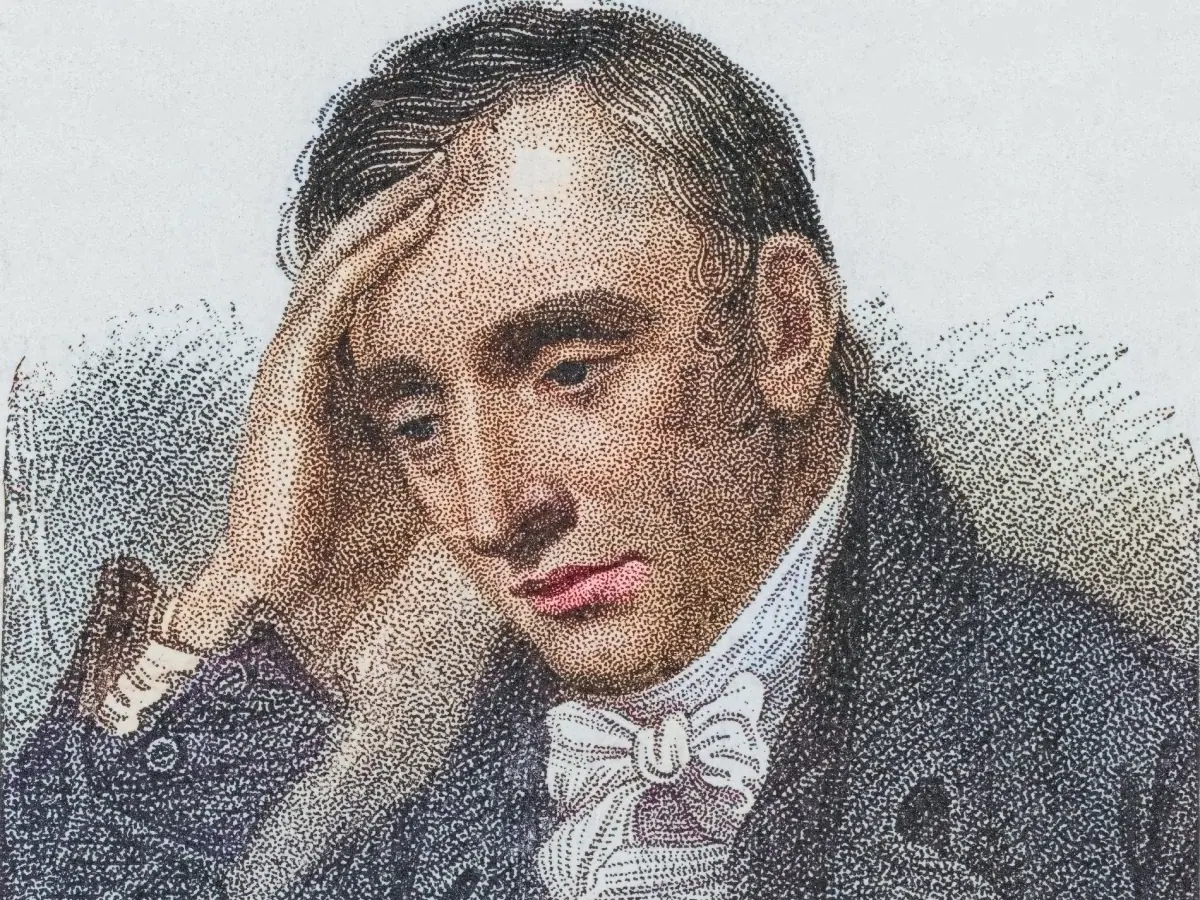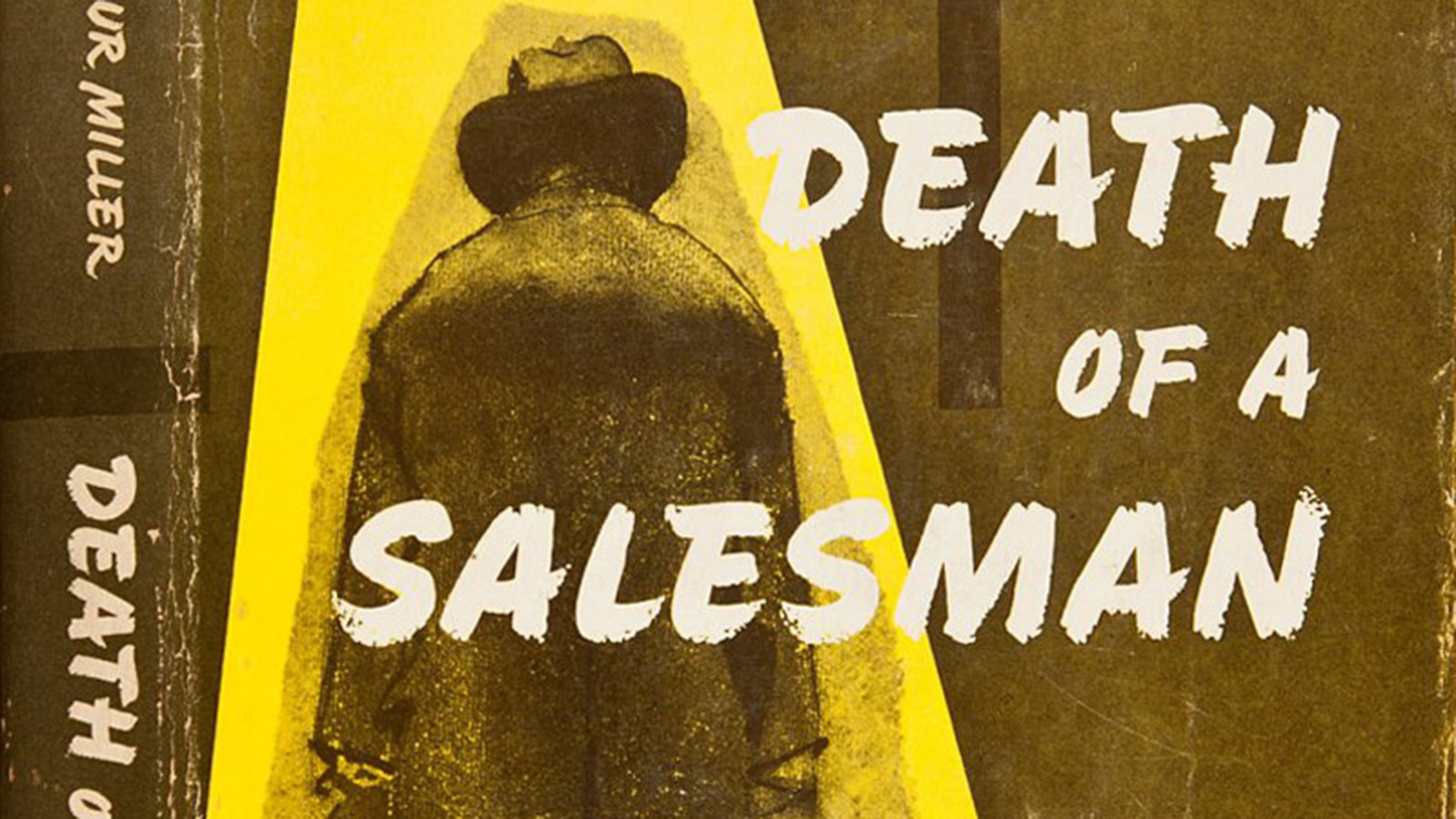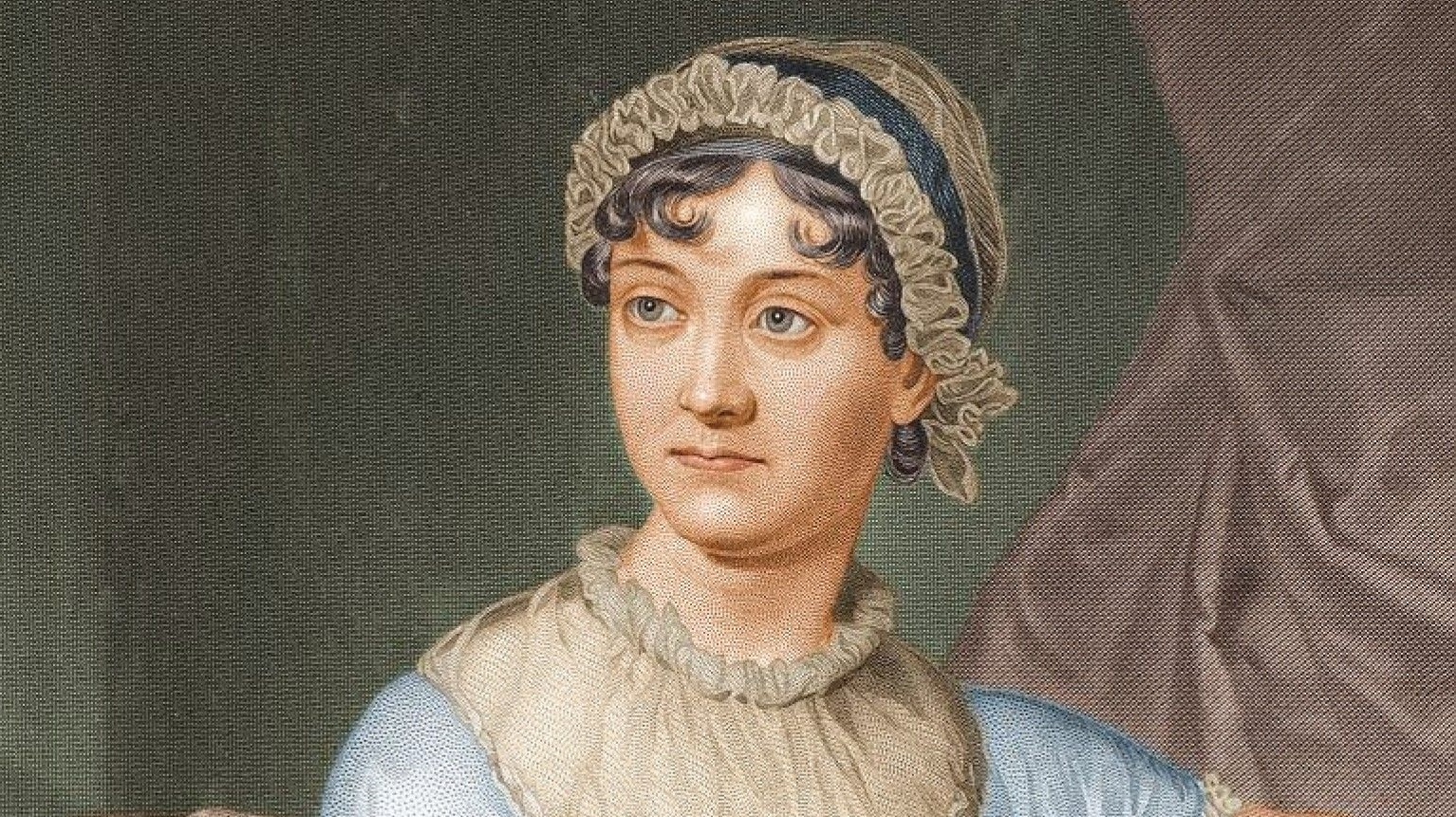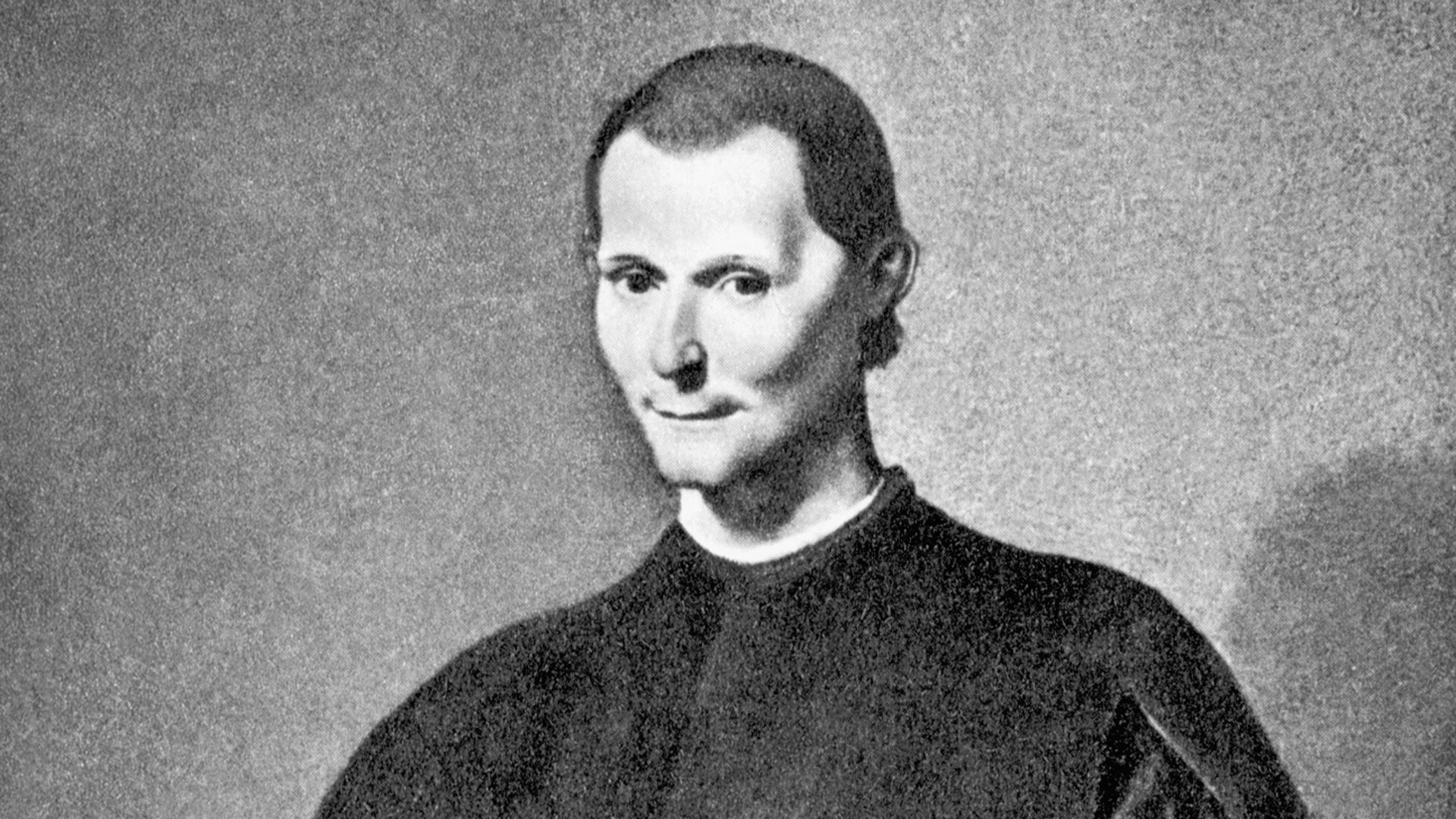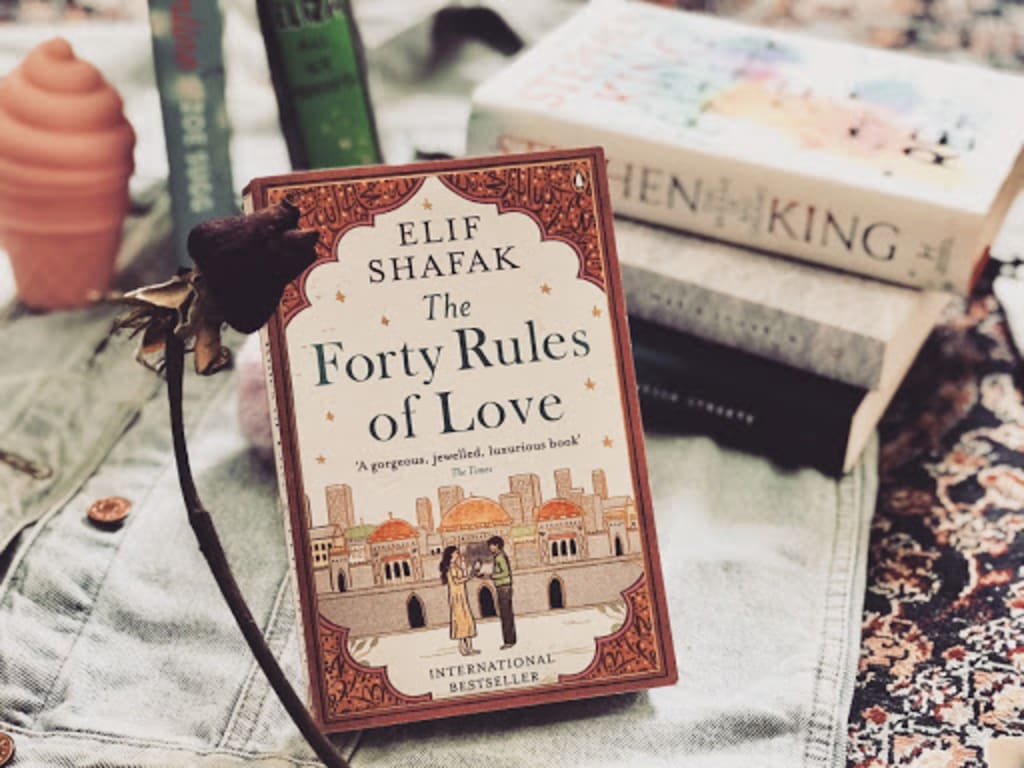Pareeshe Fatima
Pride and Prejudice by Jane Austen is a literary masterpiece that has captured the hearts of readers for generations. Through its exploration of themes such as pride, Prejudice, and personal growth, it provides a timeless message of the importance of self-awareness and genuine connection. The novel’s well-developed characters, carefully crafted plot, and witty dialogue continue to inspire readers to this day. Its message of marrying for love and respect, rather than societal pressures, is a reminder that we should always strive to follow our hearts and stand up for our beliefs. Pride and Prejudice remains a literary classic that encourages us to embrace our individuality and grow as individuals.
Jane Austen’s Pride and Prejudice is a novel that has captivated readers for years and for a good reason. The novel is a masterful exploration of themes such as pride, Prejudice, love, and societal pressures. Through a careful examination of the themes, plot, characterization, and ending of the novel, we can gain a better understanding of the literary significance of this timeless work.
One of the enduring themes of Pride and Prejudice is the peril of pride and Prejudice. The novel serves as a timeless cautionary tale against hasty judgments and the significance of self-awareness. Elizabeth’s initial Prejudice against Mr Darcy due to his aloofness and his own prideful dismissal of her family background create a chain of misunderstandings that impede their connection. This theme resonates not only in Austen’s era but also in our contemporary society, where snap judgments and prejudices persist.
The novel also explores the theme of marriage and societal pressures. In Regency England, marriage was a social and economic necessity, particularly for women. Austen satirizes the desperation of Mrs Bennet to marry off her daughters and the superficiality that often guided courtship. Yet, Elizabeth’s journey demonstrates the importance of marrying for love, respect, and genuine connection.
Lastly, the theme of personal growth is explored throughout the novel. Both Elizabeth and Mr. Darcy undergo significant personal transformations. Elizabeth learns to see beyond Darcy’s initial arrogance while he sheds his pride and acknowledges his mistakes. This mutual growth paves the way for a more mature and fulfilling relationship.
The plot of Pride and Prejudice is a delightful dance of misunderstandings, social events, and witty exchanges. The arrival of Mr. Bingley and the Wickham subplot add intrigue and complexity. However, some might find the reliance on chance encounters and convenient plot devices slightly predictable.
Elizabeth Bennet is a timeless heroine who is intelligent, spirited, and fiercely independent. Her quick wit and refusal to conform to societal expectations make her a role model for readers who value self-worth and intellectual engagement. Mr. Darcy is initially a complex and somewhat unlikeable character, but he evolves throughout the novel. His introspection and willingness to change are key to his redemption.
Supporting characters, such as the Bennets, the Bingleys, and Lady Catherine de Bourgh, add a distinct flavour to the narrative. Mrs. Bennet’s meddling nature and Mr. Collins’s absurdity provide comic relief, while Lady Catherine serves as a foil to Elizabeth’s independent spirit.
The novel’s conclusion is both satisfying and thought-provoking. Elizabeth and Darcy’s marriage feels earned after their personal growth and deepened understanding. Yet, the ending doesn’t shy away from the realities of social pressures. Elizabeth must navigate her new position within Darcy’s aristocratic circle, and their happily ever after comes with adjustments. This touch of realism adds depth to the resolution.
Pride and Prejudice is a masterfully crafted novel that continues to spark discussions and delight readers. The novel’s exploration of themes such as pride, Prejudice, love, and societal pressures, along with its witty dialogue, well-developed characters, and carefully constructed plot, ensures its place as a literary classic. The novel’s themes are timeless, and its message of the importance of self-awareness, personal growth, and genuine connection remains as relevant today as it was when Austen first penned it.
Please, subscribe to the YouTube channel of republicpolicy.com








































